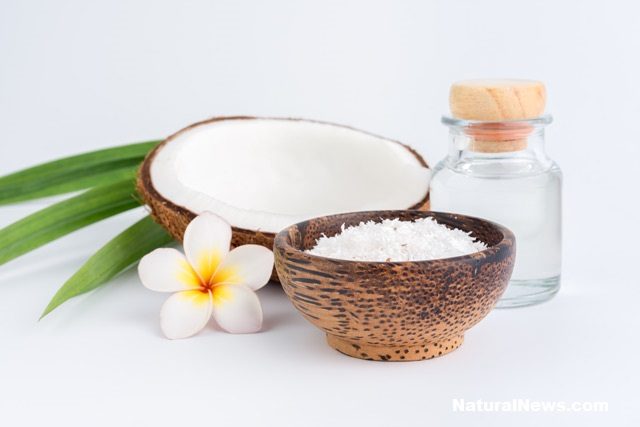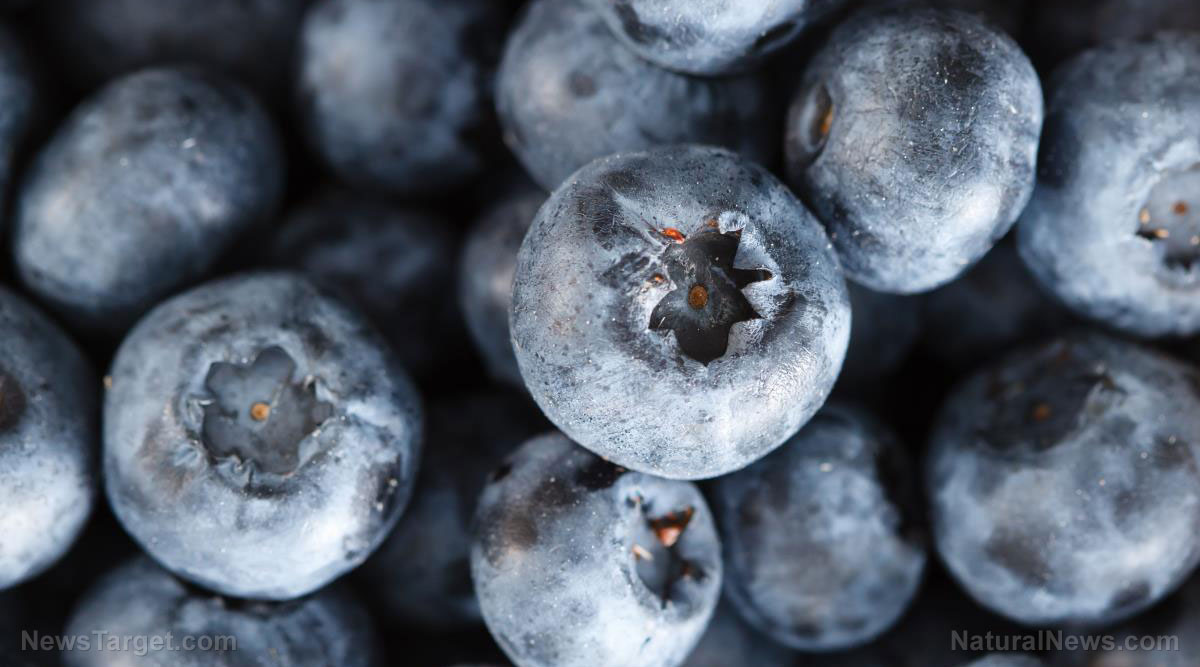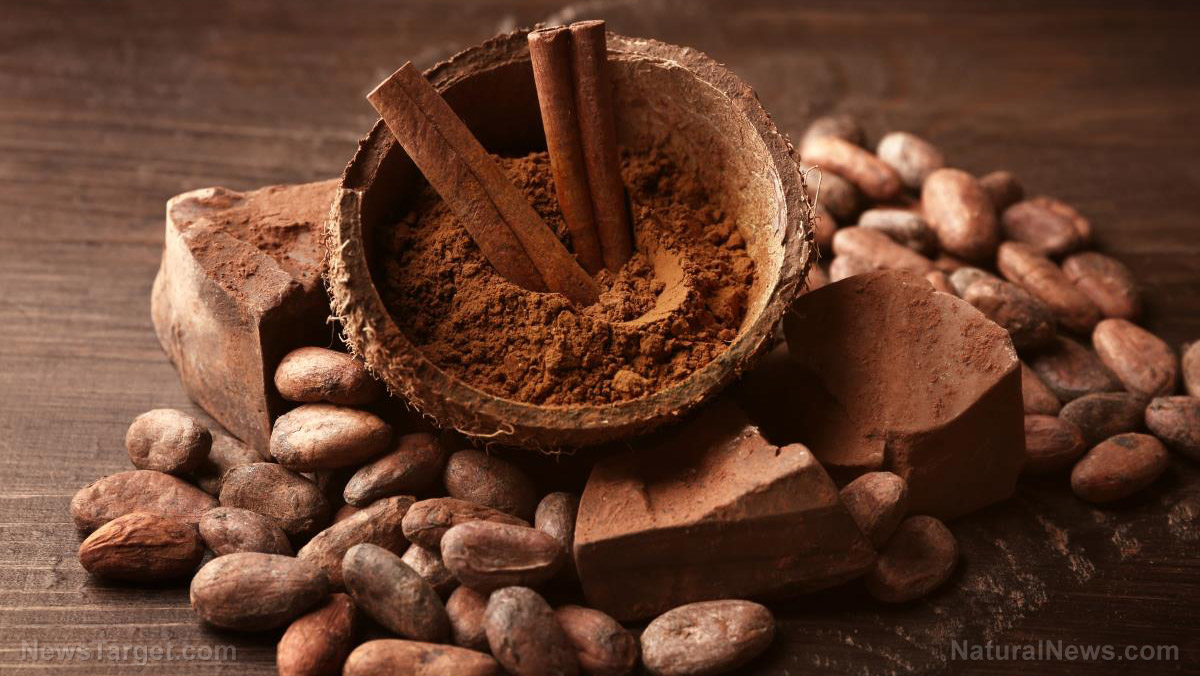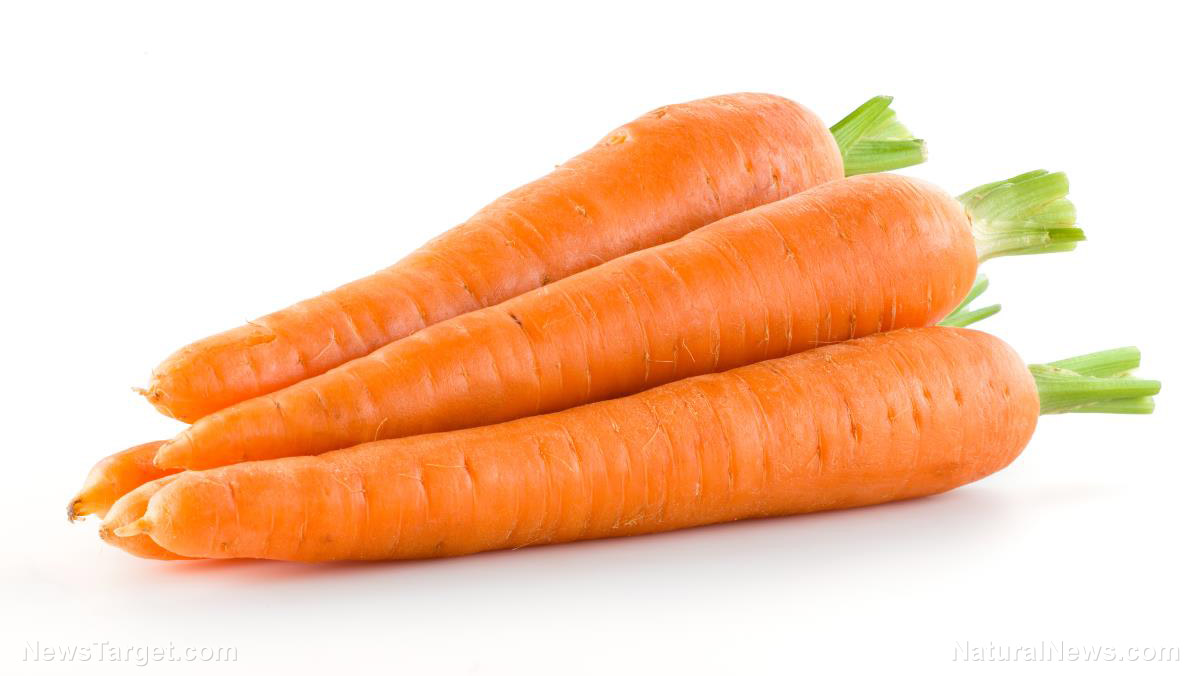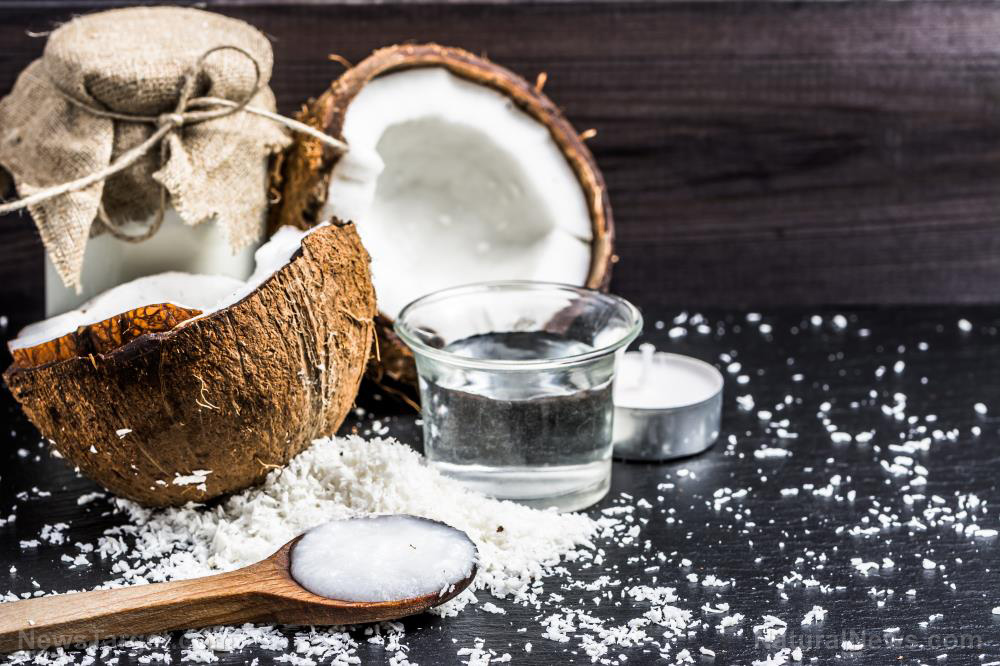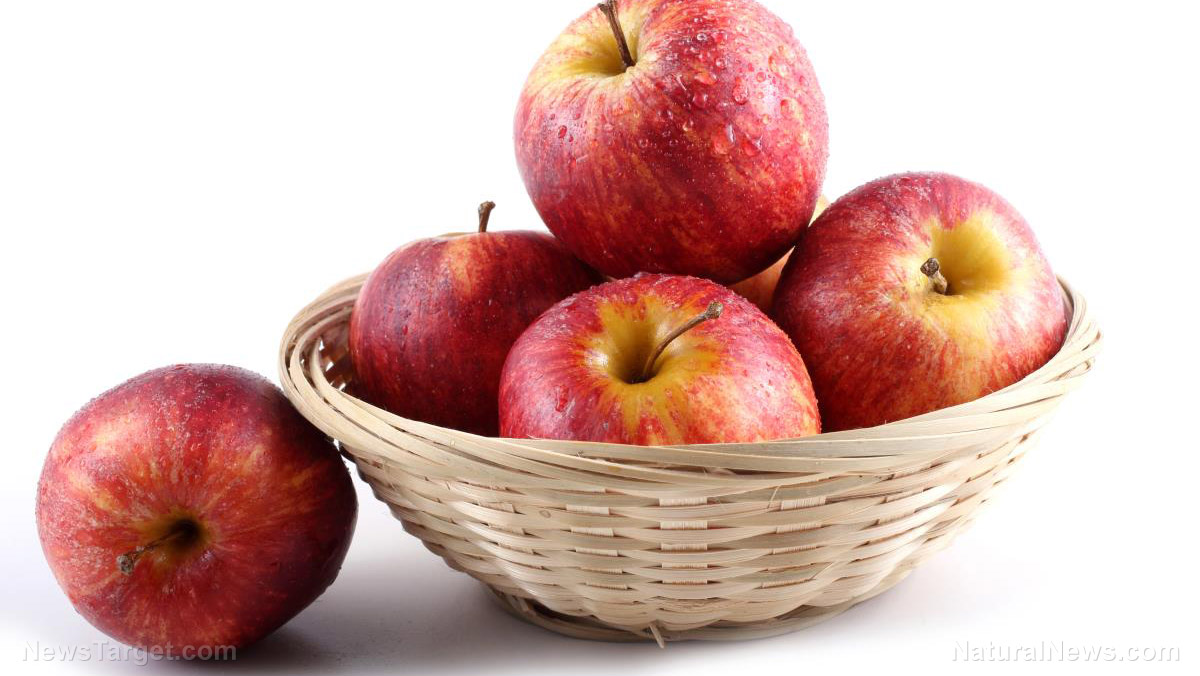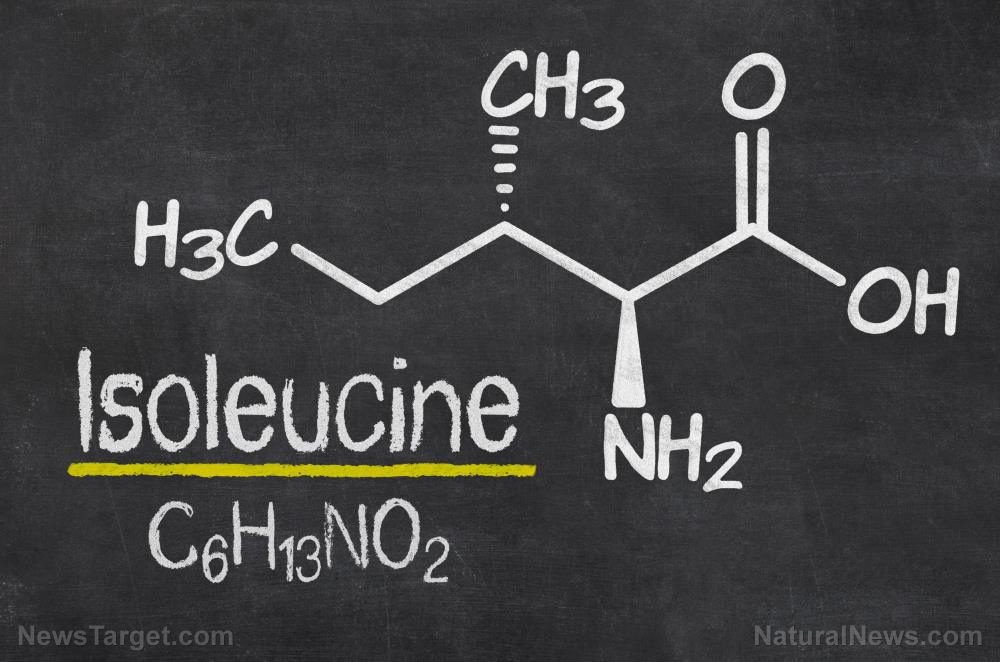Women whose diets have more antioxidants are less likely to experience menopausal symptoms
11/08/2018 / By Michelle Simmons

Research has discovered another benefit of following a diet rich in antioxidants: Women are less likely to experience menopausal symptoms.
Menopause occurs when a woman has not menstruated for 12 consecutive months and can no longer become pregnant naturally. In most women, it occurs between the ages of 45 and 55, but it can also develop before or after this age range. It can cause symptoms, such as hot flashes, night sweats, insomnia, and irritability. (Related: What is Menopause? Learn its Symptoms, Causes and Treatment.)
Researchers in Iran assessed the link between dietary intake of antioxidants and menopausal symptoms caused by estrogen and progesterone decline in middle-aged postmenopausal women. To do this, the researchers analyzed data of 400 postmenopausal women gathered by municipal health centers across the southern part of Tehran, the capital city of Iran. They estimated the total antioxidant capacity using a 147-item food frequency questionnaire. Total antioxidant capacity is an index that considers all of the antioxidants and their accumulative and synergistic effect in a diet.
The results of the study revealed that total dietary antioxidant capacity was negatively associated with the scores of total menopause rating scale. These findings suggest that total dietary antioxidant capacity could reduce menopausal symptoms, regardless of education, waist circumference, total physical activity, dietary intake of fiber, tea and coffee intake, total energy intake, and dietary supplement use.
The study was published online in the journal Nutrition.
Antioxidant-rich fruit and vegetables for you to eat
Fruits and vegetables contain antioxidants, but which has the most? Here are 10 fruits and vegetables that are rich in antioxidants.
- Alfalfa sprouts: This vegetable is packed with the antioxidant called beta-carotene, which can prevent lung cancer and help keep the skin, hair, nails, gums, glands, bones, and teeth healthy. It is also a good source of vitamin E, which may help prevent heart attacks, strokes, and cut the risk of death from bladder cancer.
- Beets: Beets are a great source of five essential nutrients: vitamins, calcium, iron, potassium, and protein.
- Blueberries: Blueberries are one of the healthiest fruits available because of their high antioxidant content. In fact, they contain more antioxidants than 40 other common fruits and veggies. A cup of blueberries offers 13,427 total antioxidants.
- Broccoli: Broccoli is abundant in anti-cancer antioxidants. Research has shown that eating 5 servings or more per week of broccoli (or other cruciferous vegetables) may cut your risk of bladder cancer by half.
- Eggplant: Eggplants of all types are packed with bitter chlorogenic acid, which protects against the buildup of plaque in the artery walls and combats cancer. Research has shown that eggplant can also reduce cholesterol and relax artery walls, reducing the risk of high blood pressure.
- Onions: Raw onions are rich in cancer-fighting antioxidants. Eating raw onions can help prevent lung and prostate cancer.
- Prunes: Prunes, which are dried black plums, have 7291 total antioxidants in just half a cup; while fresh black plums contain 4,873.
- Raisins: Raisins, which are dried red grapes, have a total of 2,490 antioxidants per serving, while fresh red grapes contain 2,016.
- Red bell peppers: Red bell peppers are low in calories but rich vitamin C, which can prevent atherosclerosis and heart disease.
- Spinach: Spinach is a vegetable rich in antioxidants called carotenoids. Carotenoids are particularly good for the eyes, improving eye health and preventing macular degeneration.
Nature’s bounty includes many more antioxidant-rich foods. Learn more at Superfoods.news.
Sources include:
Tagged Under: antioxidant, antioxidant diet, antioxidant foods, diet, longevity, menopausal symptoms, Menopause, prevention, women, women's health

